LEARNING
What do I want to do with my life?
What am I really good at?
The new international entrepreneurship education
This program is a chance for you to find out and learn more about yourself and your own strengths, and create a vision for your future.
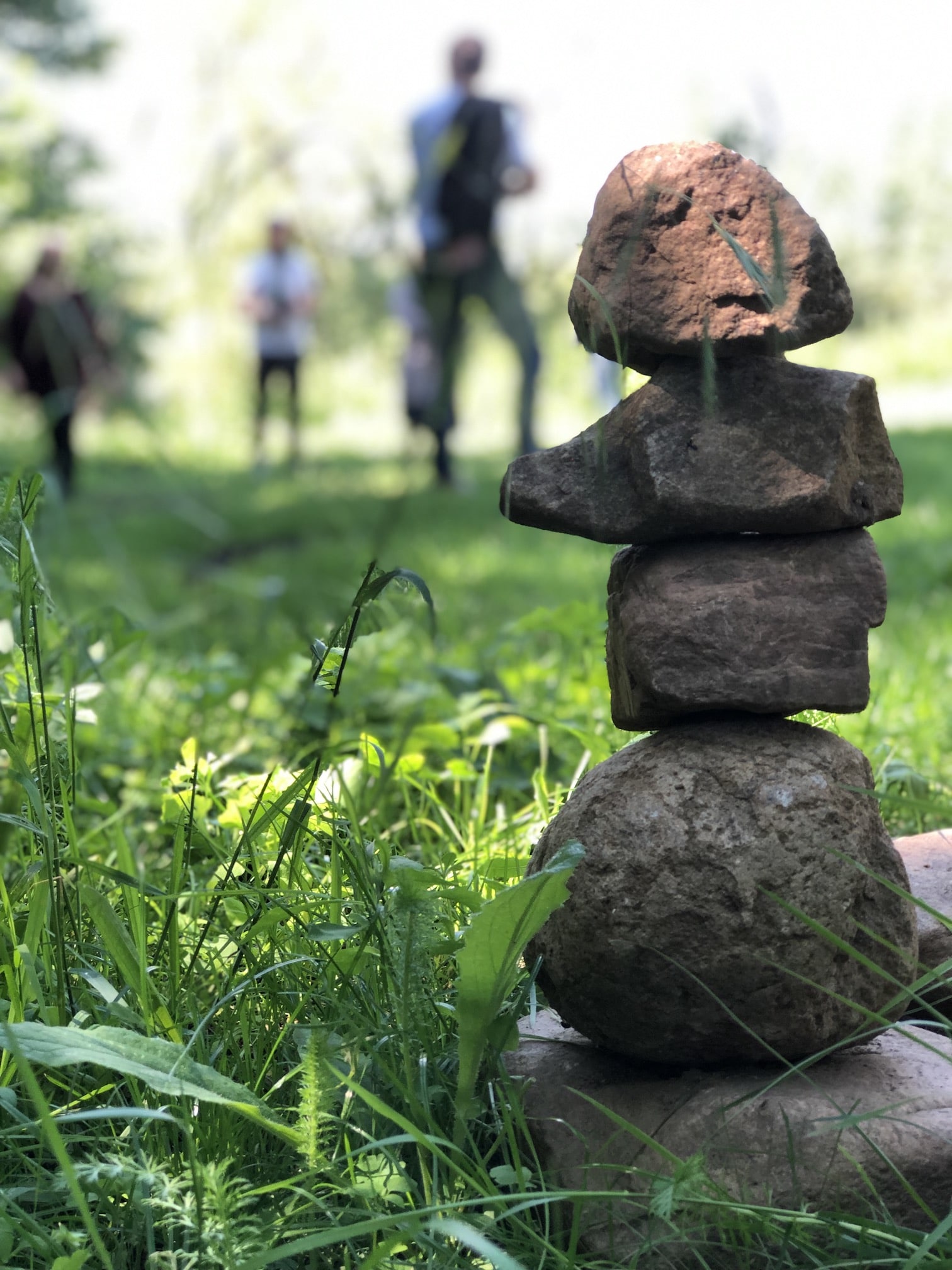
The International Entrepreneurship Education takes you through processes that will bring your ideas to life. It is a one-year entrepreneurial education in an international and a boarding school setting for young people between 15 and 26 years old. We can all learn from each other and people learn different things not according to age, but according to interest.
It is for you, who have an idea and want to do something about it but need the tools and the help to get started.
Through this program you will develop your skills in entrepreneurship, design thinking, prototyping, team working and business, and build a foundation for your future studies and work life.
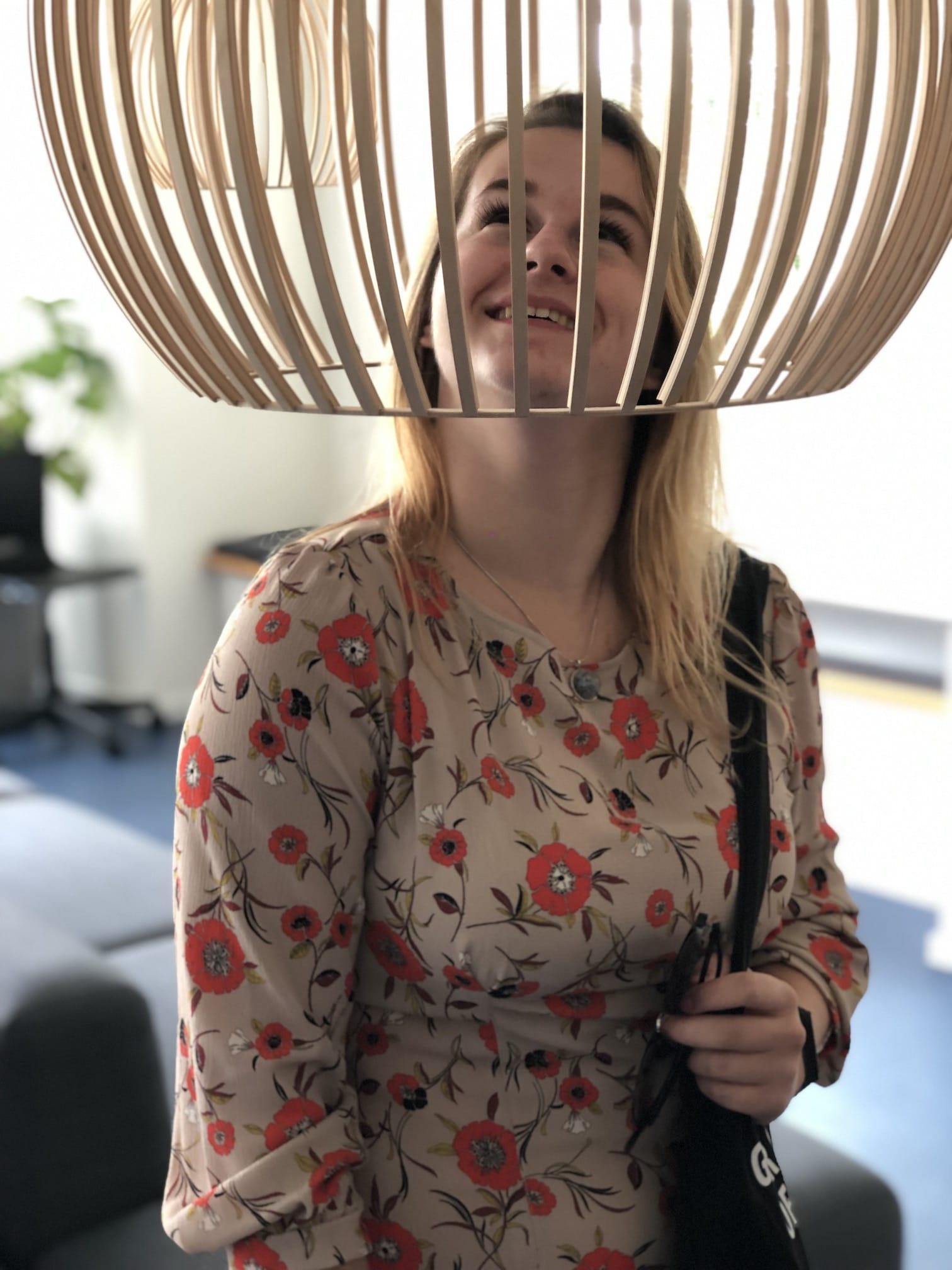
Find out if you have what it takes to get an experience that you’ll remember for the rest of your life.
Learning theory
Craftogogy
The International Entrepreneurship Education program brings entrepreneurial skills into focus. The goal is for students to be exposed to a wide range of subjects as they discover how to learn about skills that personally interest them.
The IEE program is based on the 4th evolutional level of learning:
- Pedagogy – instructor driven education
- Andragogy – facilitated learning process
- Heutagogy – self driven coached learning
- Craftogogy – self-expressed learning or self-aligned learning
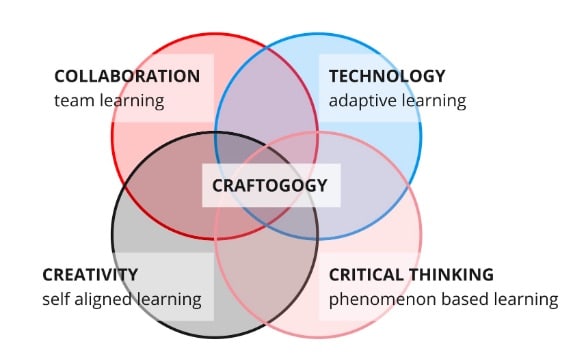
In craftogogy and in the IEE program
- Learners are question-generating solution-finders: They know what inspires them and they follow their interests in seeking answers.
- Learners want to create something meaningful with their lives and seek to find tools, partners and skills that will bring them in the direction of their life purposes.
- Learners focus on what they want to create: They explore ideas, make inquiries and research into expanding on what is and generating what could be.
- Learners need no motivation: They are inspired by seeking answers and solutions to questions that arise from within the situations and interests.
- Not a teacher, but a facilitator, supporter, encourager, assistant: Sets up a framework and helps you find experts and innovators to support expansion of knowledge.
The term craftogogy and self-aligned learning is based on craftology, the maker movement, domain mastery, passion driven learning, an organic path for self expression and utility. It is the foundation for team entrepreneurship and the entrepreneurship society.
The IEE program is a bridge-builder both to clarify choice of career path and choice of educational path. It will serve both as a transition from school to workplace, or from basic education to higher education.
game design
The IEE program has building blocks known to the game development field, such as design and user experience, programming, graphic art and animation, music and project management. You will learn how to create a composition of these building blocks and to use them in many different contexts.
Whether your interest is in designing games or in a wide range of other fields, you will benefit from these creative building blocks, which the IEEducation uses as part of the methodology.

From idea to launch
The IEE program will take you from the first inception of an idea, through those building blocks – the steps and milestones – an entrepreneur must know and go through to launch a product, process or event.
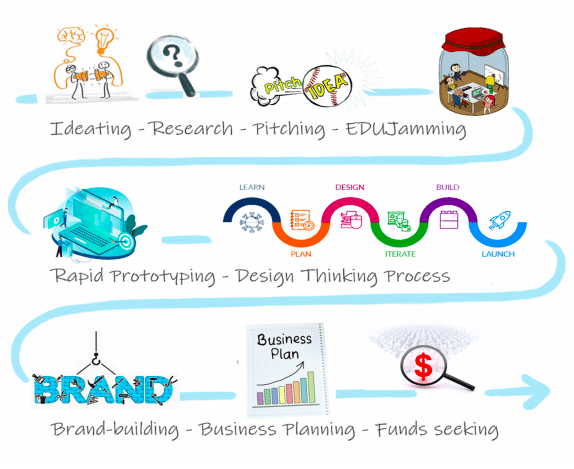
You will get engaged in
- ideation, the process of forming and relating ideas
- design-thinking, a problem-solving protocol to achieve extraordinary results
- pitching, the process of presenting, announcing and selling ideas
- rapid-prototyping, developing many prototypes in a short time span to help generate concrete ideas
You will learn about business planning, brand-building, funds-seeking and many other relevant steps necessary to create a business, and you will learn methods to determine whether your ideas will ‘fly’.
The entrepreneurship education is a full one-year investment in your networking and community-building communication skills, where you will learn how to build strong relationships across cultures, languages, ages and industries.
You will experience the skills necessary to create a good team and how to optimize teamwork. You will understand how ‘listening for the gold’ in all conversations can help you excel in your own endeavours.
The entrepreneurship education will present challenges and take you on an adventure ‘en route’ to mastery and meaning. This way learning will be fun and engaging to help you evoke your full potential.
program details
This education has a very practical approach to help you learn steps and milestones of the entrepreneurial process. The program is divided into two parts that form a continuum. One study year is 10 months long consisting of two semesters, 42 weeks in total: 20 weeks in fall semester and 22 weeks in spring semester.
1st semester – 20 weeks
The first semester is all about learning to ask the ‘right’ or ‘best’ questions and finding answers. The focus is on personal development and developing the entrepreneurial mindset. What does it mean to be an entrepreneur, what is required of the rational (scientific), emotional (aesthetic) and spiritual (greater than self) person, of your mindset to be an entrepreneur?
During each week you will select a different topic that you are interested in. You will then engage in research, ask questions, contact relevant experts and also get really good at presenting.
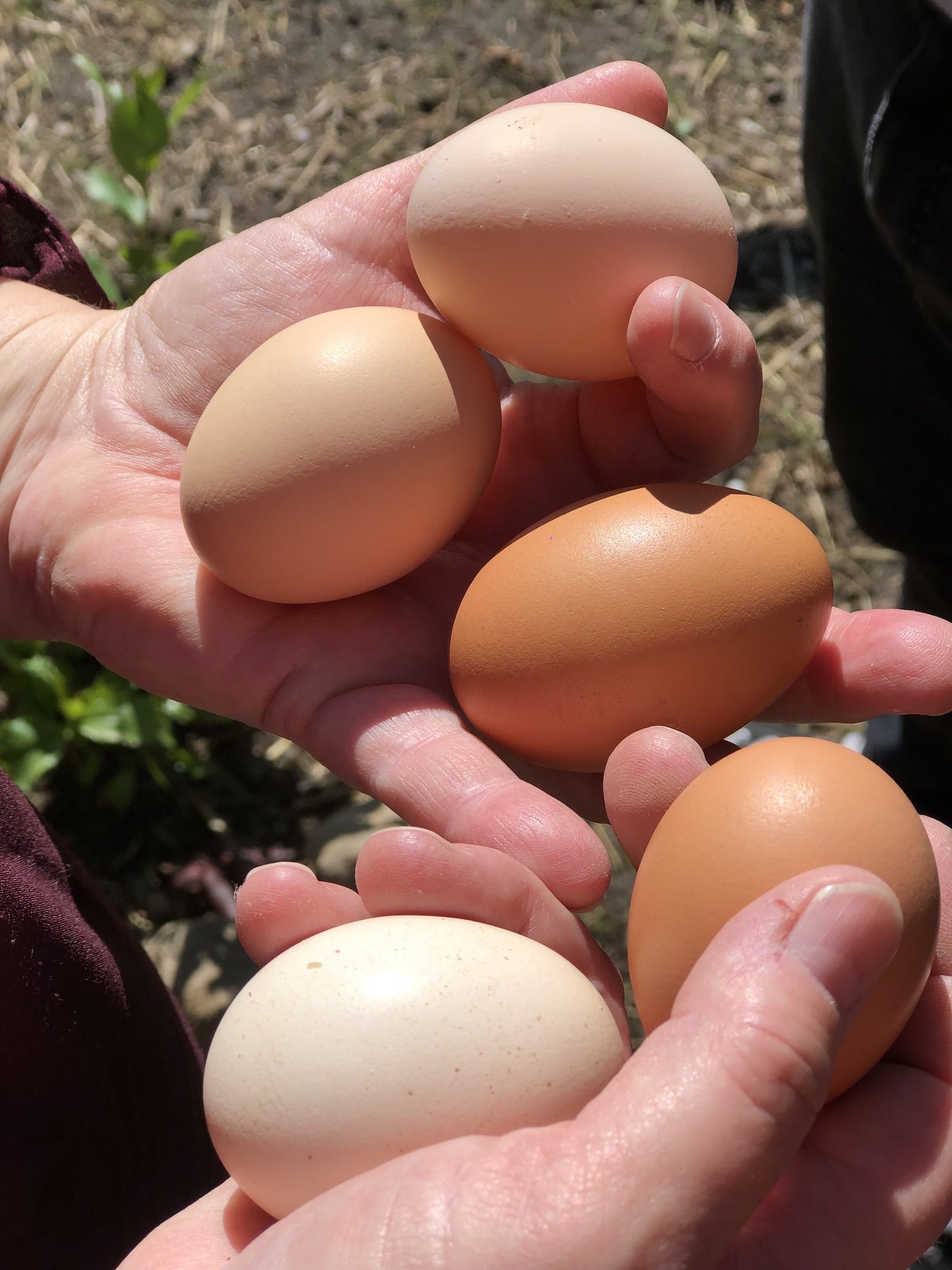
2nd semester – 22 weeks
The second semester is all about taking action. Focus is on creating, building and bringing your ideas into life. How and through what can I best express my creativity?
The second semester is an incubator process, where you learn how to develop your own ideas into products or businesses. The second semester starts with an EduJam and an EduHack. EduJam is where you generate and develop ideas. EduHack is about prototyping.
Weekly program
1st semester
W1 – Base Camp – The students are given a number of experiences that help them develop their personal strengths and social competences so that they can navigate their lives towards the best version of themselves. This week is aimed at personal development and self-insight.
W2 – Learning to Learn – is particularly important when teachers are no longer a main source of information and knowledge. … An individual’s ability to locate and critically appraise information from such sources is vital for learning throughout life. Our focus is on life-long-learning.
W2 – Reflections – Reflecting and composing a piece of self reflective writing is becoming an increasingly important element to any form of study or learning. Reflecting helps you to develop your skills and review their effectiveness, rather than just carry on doing things as you have always done them.
W3–20 – Ideating, Research, Pitching & Presenting – We will spend 18 weeks diving into a wide variety of subjects guided by the students’ interests.

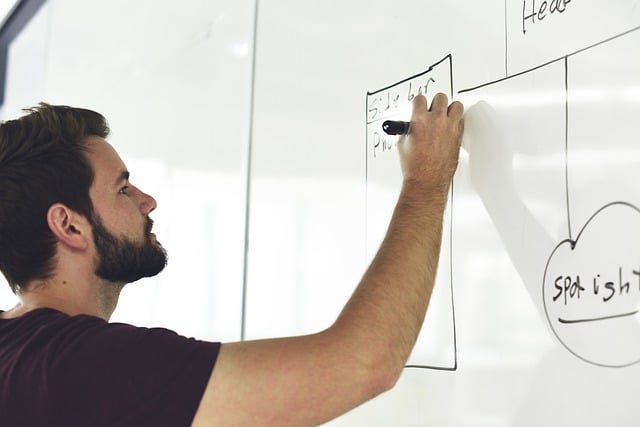
The subjects will have overall headings such as:
- Technical skills, Programming and Artificial Intelligence
- Games, User Experience and Design
- Environment, Climate and Recycling
- Theater, Music and Performance
- Animation, Drawing and Sculpting
- Networking, Personal Leadership and Social Competencies
- Nutrition, Health and the Body
- Science, Welfare Technology and Life Quality
- Design processes, Critical design and Experience design
- Creativity, Innovation tools and techniques
- … topics seen as important by the participants.
2nd semester
W23 or W1 in the new year will be the start of an incubator process. It will contain an ‘Edujam’ (idea-generating-process) and an ‘Eduhack’ (prototyping-process). With the help of these processes the students will define what they will work on for the second semester and who they will work with based on their common interests.
W24(2) – Design-thinking process – Design thinking encompasses processes such as context analysis, problem finding and framing, ideation and solution generating, creative thinking, sketching and drawing, modelling and prototyping, testing and evaluating. The students will define and refine the chosen ‘product’ for the project.
W25(3) – Project Management – Learning the skill and practice of initiating, planning, executing, controlling, and closing the work of their team to achieve specific goals and meet specific success criteria at the specified time. The primary challenge of managing the incubator project will be to set and achieve all of the project goals within the given constraints.
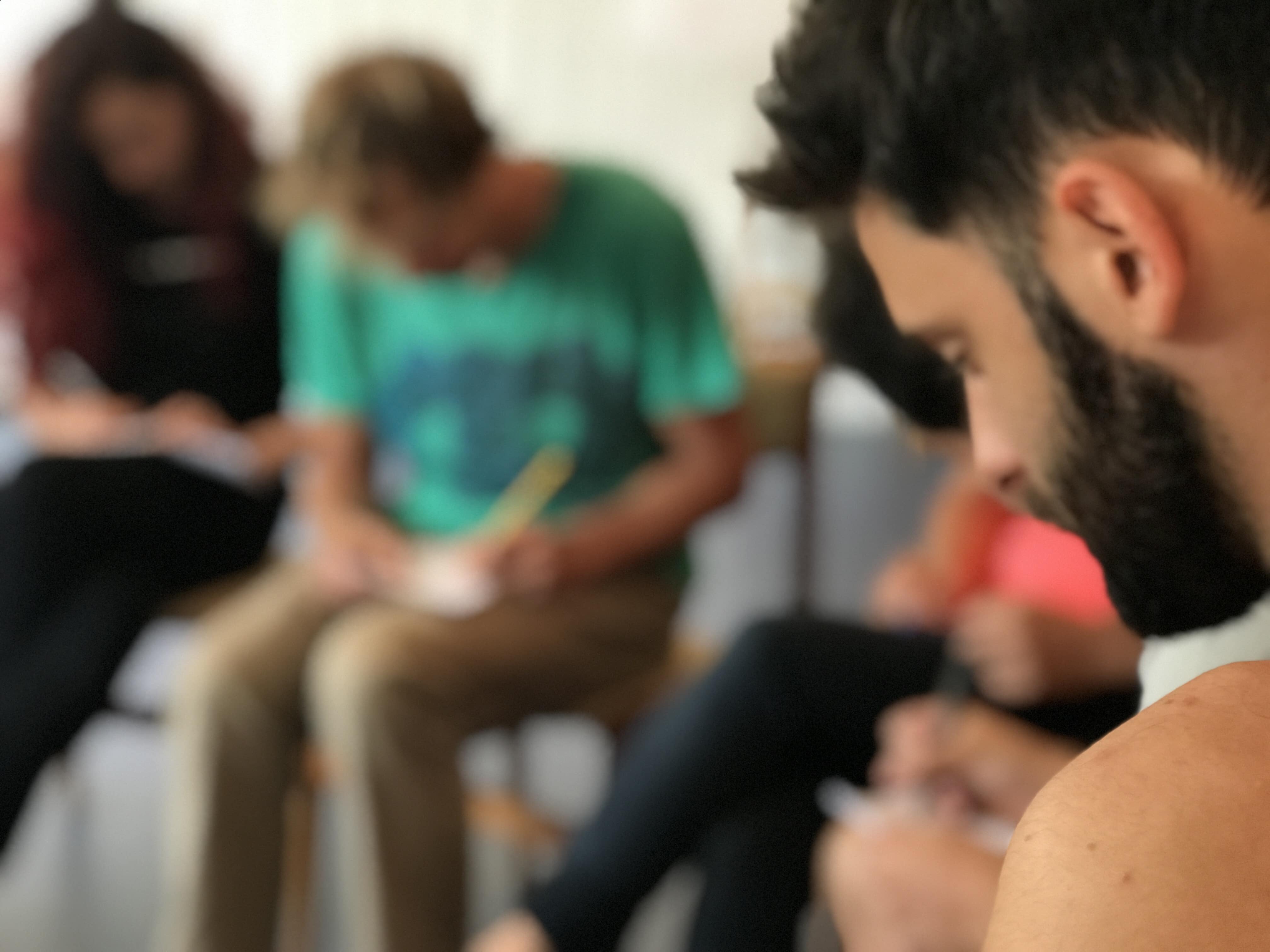
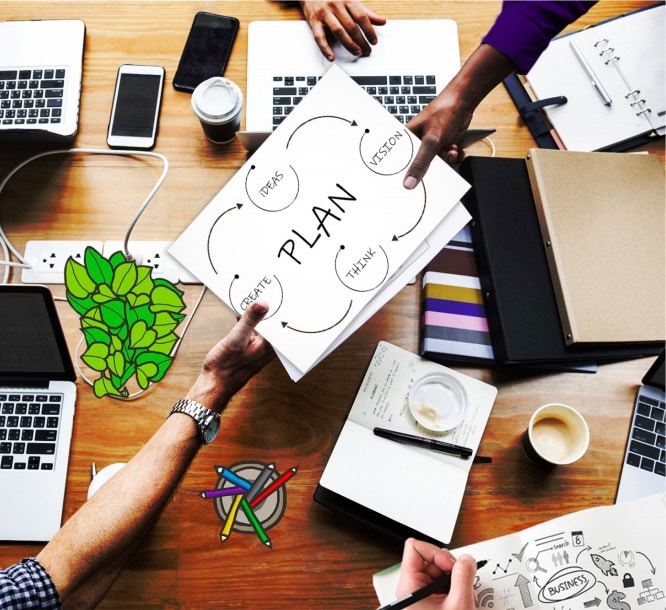
W26–27(4–5) – Market research and business planning – Market research aims to understand the reasons consumers will buy your product. It studies such things as consumer behavior, including how cultural, societal and personal factors influence that behavior.
The business plan will be a written document describing the nature of the business, the sales and marketing strategy, the financial background, and containing a projected profit and loss statement – a budget.
W28–29(6–7) – Fundraising and project writing – The process of defining the needs of the project both financially and in kind is the process of seeking and gathering voluntary financial contributions by engaging individuals, businesses, charitable foundations, or governmental agencies.
It may also be seeking sponsors or existing companies who might benefit from the ideas generated and who might be interested in buying the idea.
W30–37(8–15) – Production planning, production and user testing – Production planning is the planning of production and manufacturing of the product modules in a company or industry. It utilizes the resource allocation of activities of employees, materials and production capacity, in order to serve different customers.
The actual physical product production may or may not be accomplished depending on the idea, but this module will either simulate or produce a physical prototype at least to work with and have user tested.
A great customer experience begins with human insight. See, hear, and talk with your customers as they engage with your products. User testing could mean the difference between success and failure.
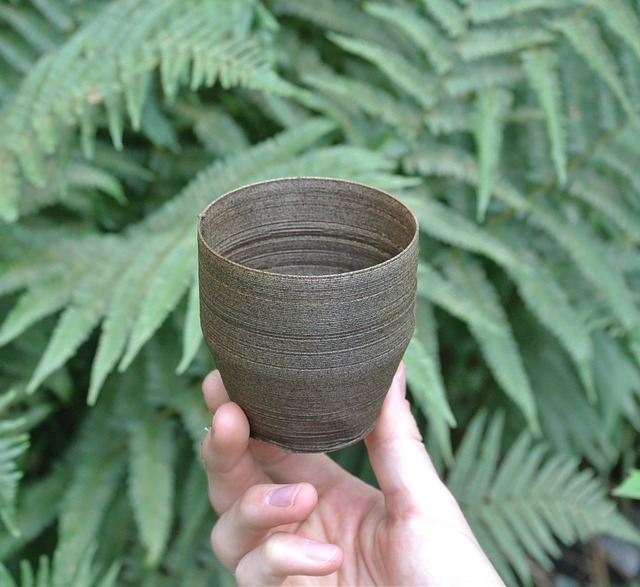
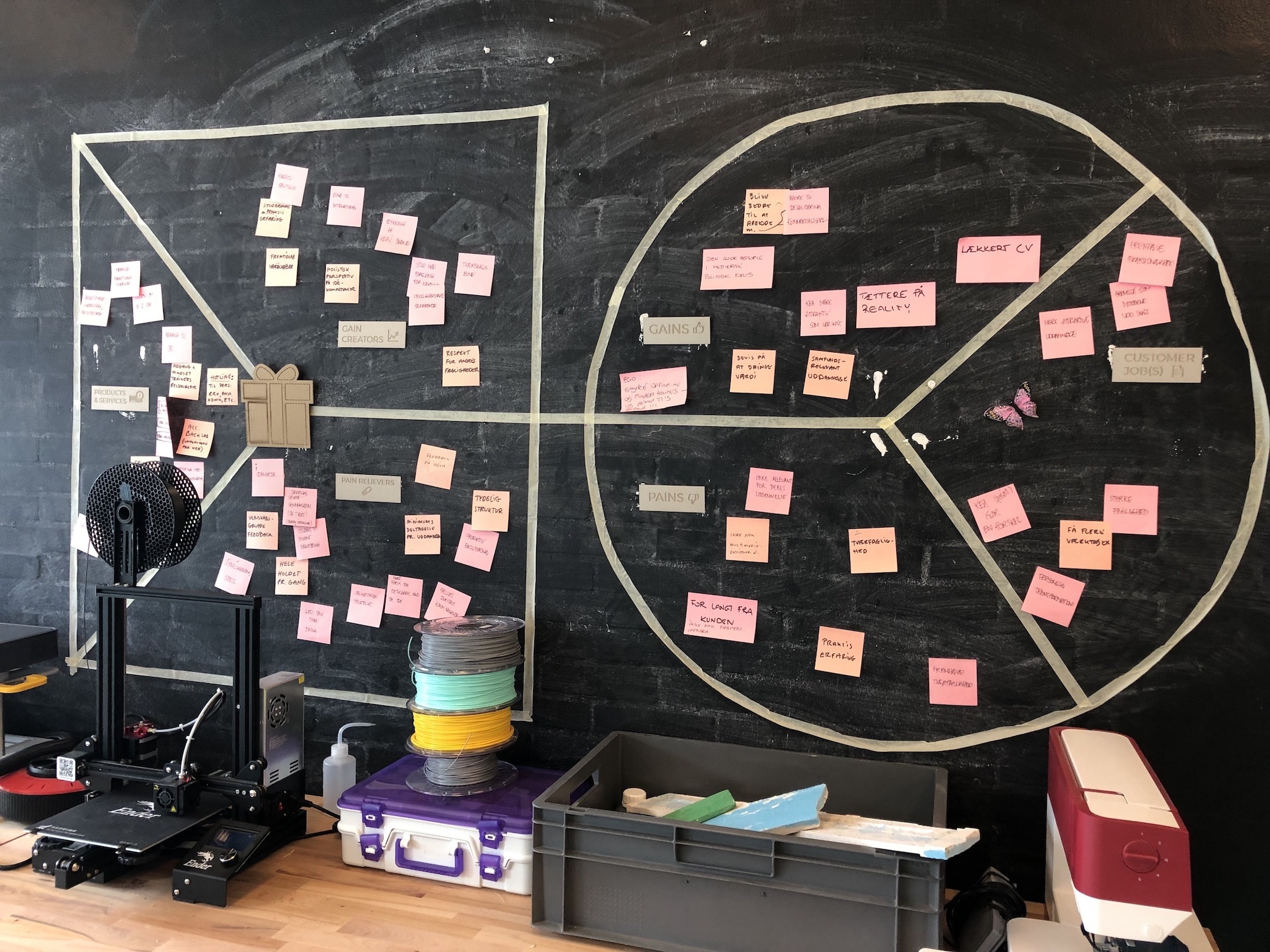
W38–40(16–18) – Brand building, Sales and Marketing planning – A strategic sales and marketing plan outlines specific customer markets a business will target with a sales and marketing campaign. It also delineates tactics the business will use to reach target consumers. These tactics can include advertising, brand building activities and product specials.
Building a brand is a process. The brand is defined by the customer’s overall perception of the product and your business. A successful brand has to be consistent in communication and experience across many applications.
Brand building doesn’t happen overnight, however, the ongoing effort will result in establishing long-term relationships with the customers. This should lead to a steady increase in sales, more projects, referrals and advocacy for the product or service you offer.
W41–42(19–20) – Product launch – Launching a new product into the market can be the beginning of a wonderful friendship… or a total fiasco. It is a key moment that needs all the care and attention it can get. For a product to take off quickly, you need to create a feeling of expectation and excitement for its release, starting weeks or even months in advance. We look into the most popular techniques to do this.
W43–44(21–22) – Product maintenance, Planning the future – It is not enough to launch a product, you also need a plan for the future of the product (process or service). How will you maintain and further develop the product. These are questions you need to have already considered the answers to even before you launch the product.
We wrap up the second semester with a ‘Show and Tell’ event, a presentation of the ‘Products’ and the processes. What did you learn, what can you take with you, and what are your ideas for the future?
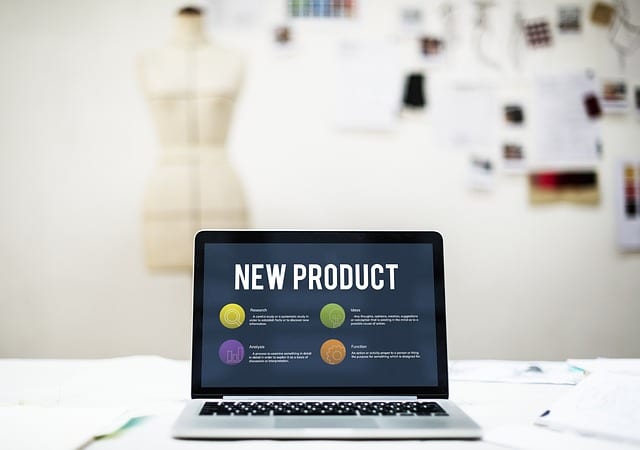
One day in the IEE program
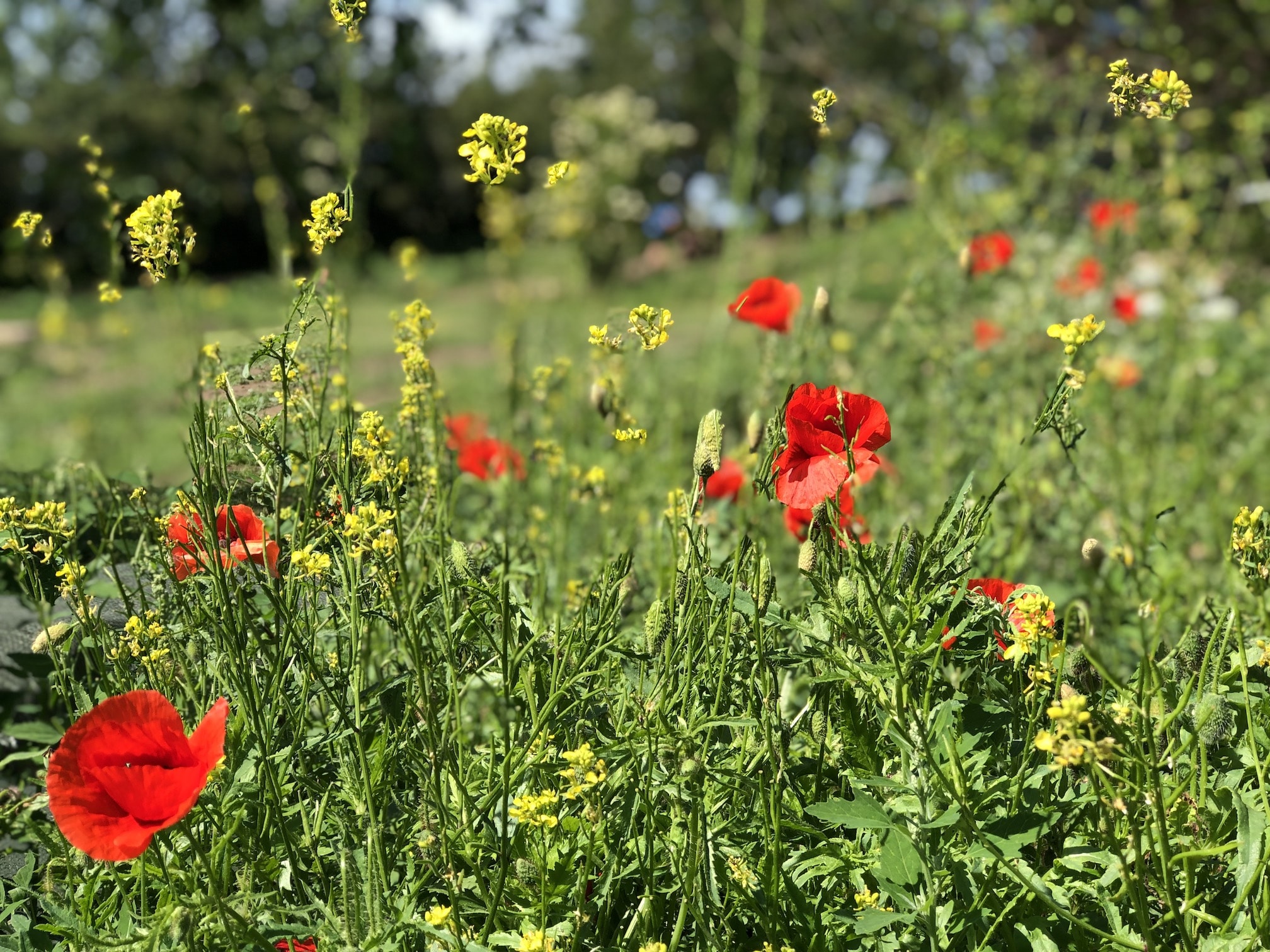
An example day at MillCamp goes like this:
- 7.00–8.30 Morning assignments and breakfast
- 8.30–9.30 Assembly: stand-up, who is doing what today
- 9.30–11.30 Study sessions, a break in-between
- 11.30–13.30 Noon assignments and lunch
- 13.30–14.00 Movement for digestion
- 14.00–16.00 Study sessions, a break in-between
- 16.00–17.00 Movement
- 17.00–19.00 Afternoon assignments and dinner
- 19.00–22.00 Free-time or evening activities, such as games
- 22.00–22.30 Evening tidy-up, everyone in their own rooms
- 22.30 Lights out
The above daily routine will be the general framework. Trips, excursions and events will naturally affect this.
Workshops, Excursions and Field-trips
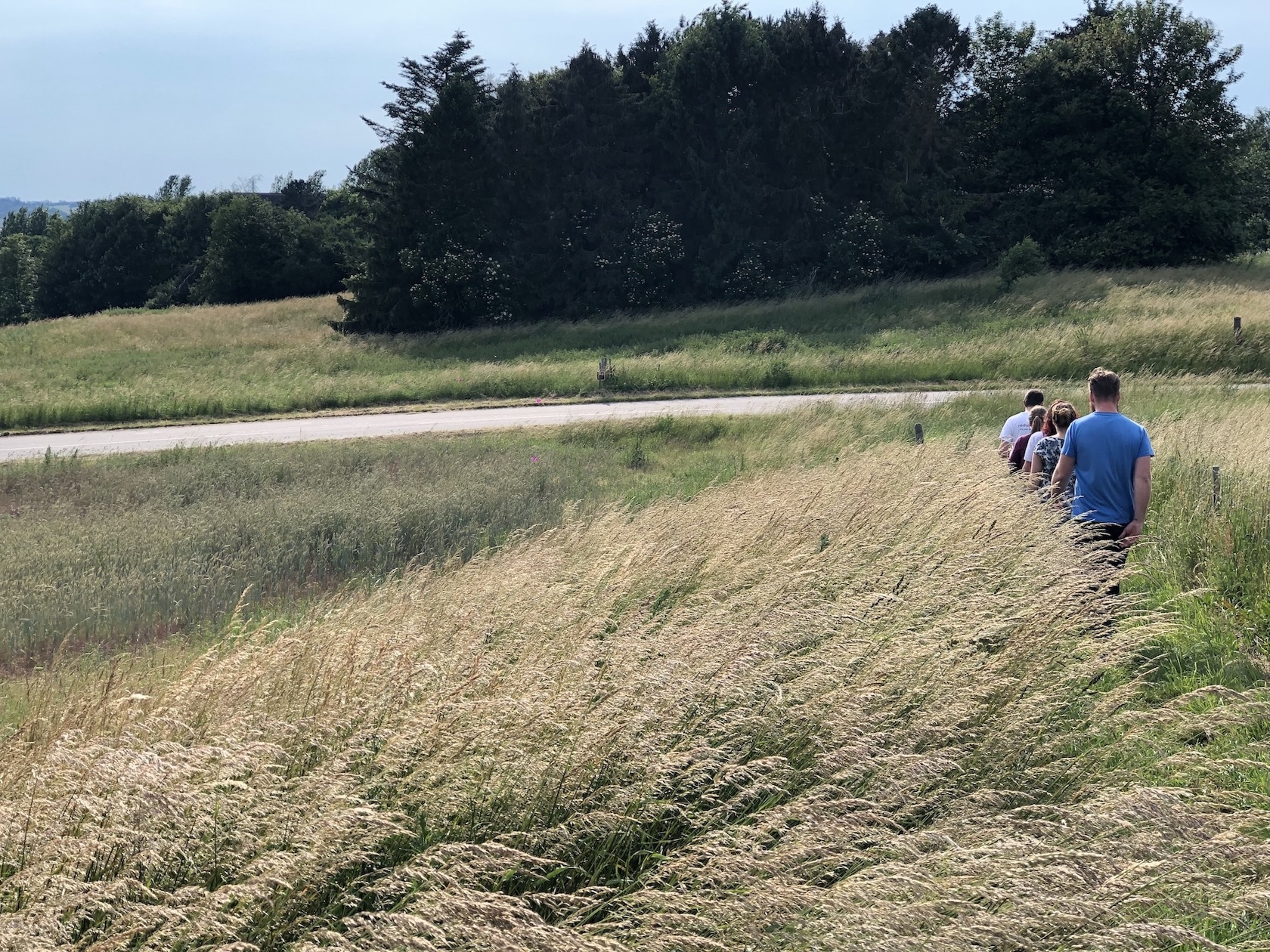
The program includes fun and interesting weekend workshops and excursions and also some field-trips, when we will visit different entrepreneurs and/or attend relevant conferences. We will also have lots of relaxing outdoor activities.
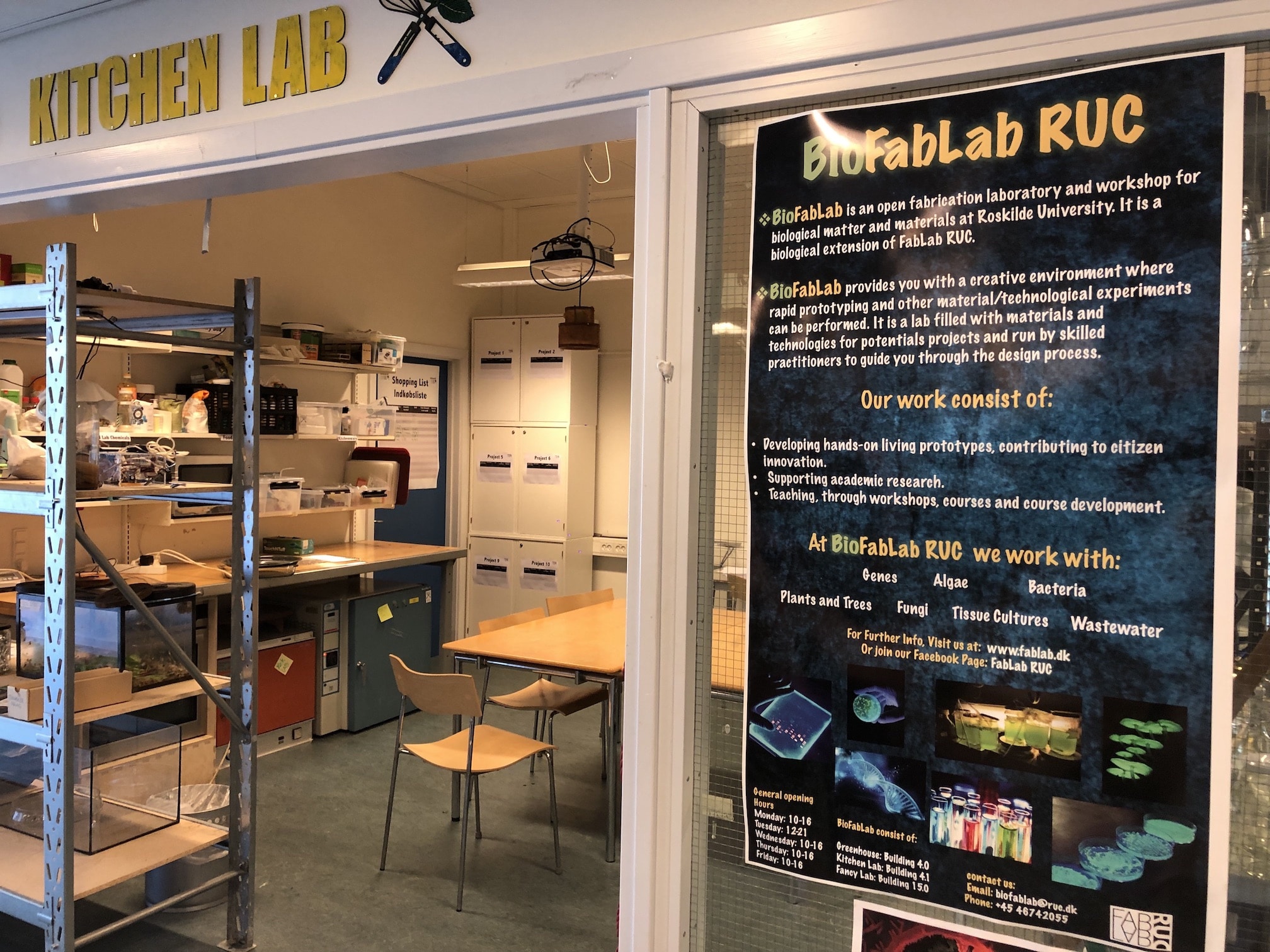
Creativity, activity and social service
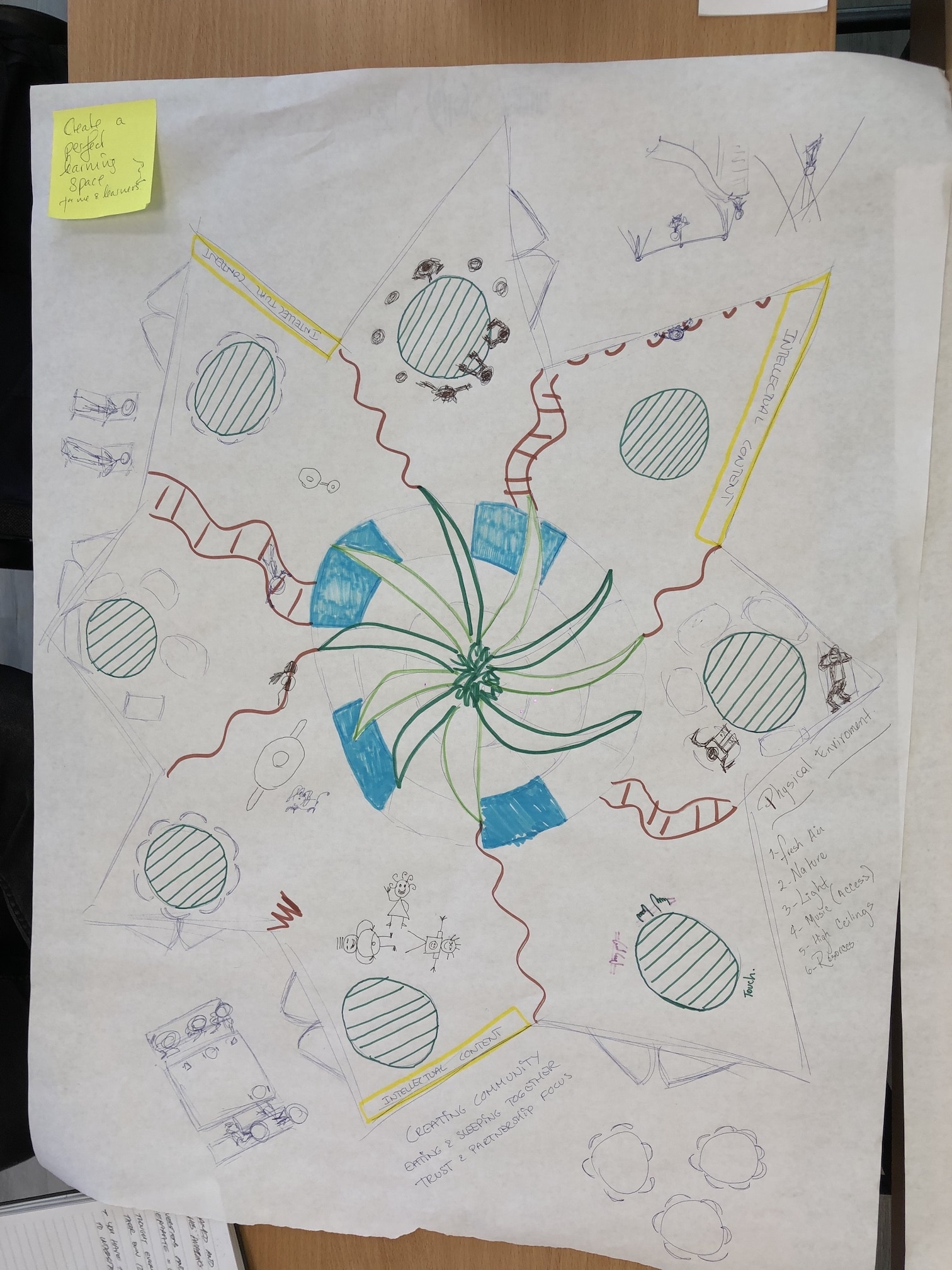
We are supporting creativity through arts and experiences that involve creative thinking and doing. Examples of this include theatre, music, art-history, cultural visits, and dance. We will visit museums or exhibits to enhance creative thinking. Creativity is also in the core all the innovation and design thinking processes that are part of the IEE program.
We encourage into activity through physical exercises and physical challenges. Some examples are climbing, kayaking, running groups, basketball and orienteering, with many more available. Movement and physical exercises will be encouraged several times every day and group-activities will be many, such as ball-play, bike-riding, swimming and hiking.
Social service means an unpaid and voluntary exchange that has a learning benefit for the student and for the local community. We aim to have Workawayers and exchanges with European Solidarity Corps as beacons in this area, and we will also have community service days and mentor-exchanges with the local community elders.
costs, benefits & certificates
How much does it cost?
The price for one full-year program is 15.788 EUR which is equivalent to one study year at a Danish ‘efterskole’.
- Price 103.400,- DKK / 13.787,- EUR
- Registration fee 5.000,- DKK / 667,- EUR
- Travel expenses 10.000,- DKK / 1.334,- EUR
- Total participation cost 118.400,- DKK / 15.788,- EUR
The price includes:
- On-site teaching and facilitation of studies throughout the study year
- On-site hosting during the study days and security 24/7
- All needed materials such as pens, papers and other tools to be used excluding digital devices such as laptops, tablets, phones etc. that you need to bring with you to use during the studies
- Accommodation in the dormitory
- Using all premises at MillCamp
- Meals: breakfast, lunch, snack, dinner excluding your own optional snacks or meals
- Workshops, excursions and field-trips
What will you get?
- Learn to pitch and present engaging ideas.
- Take an idea all the way to the end user.
- Gather the best people to create a production team.
- Find out if my idea will ‘fly’.
- Decide whether to build a company or sell my idea.
- Find out what career avenue would suit me best given what I now know.
- Learn from the best: the education uses experts within each field as guest-teachers.
- Aside from learning to ask the best questions, training presentations and methods of pitching ideas, you also learn how to handle visual and auditory expressions.
- You become aware of your own development and work with reflection and immersion.
- You become attentive and self-confident in relation to your own abilities and qualities.
- You create your own portfolio, documenting your creative expressions.
- You participate in weekly tool-workshops, to build your own toolbox and learn about the tools and processes which will give you a leading edge advantage in your onward career and life.
Certificates & proof of learning
At the end of the 1st semester, instead of getting a number-based certificate, you will get your own ‘look-book’, which is a portfolio based on your work. Through this you can easily backtrace all your achievements and be able to present your work and skillset to future studies or job opportunities.
At the end of the 2nd semester you and your team will have your own product as a proof of your learning and development of skills on a team, product and business level.
Also, by finishing the one year study program you will receive a Youthpass.
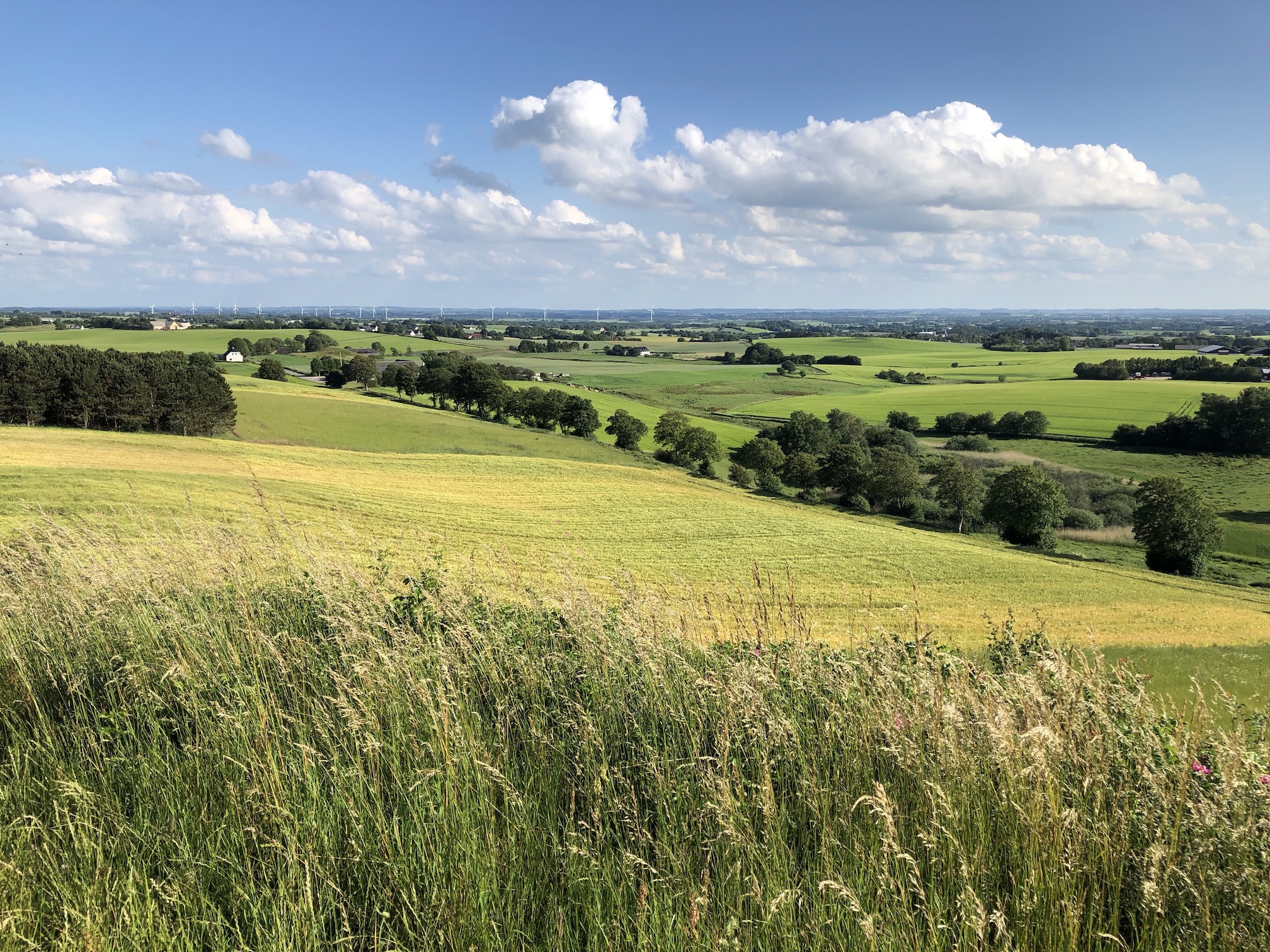
EXPERTS & FACILITATORS
You will be taught by subject experts and supported by a team of facilitators. However, in many ways you as a student will be in control of your own learning. This is aligned with the core values and approaches to learning in the IEE program.
The IEE program is about entrepreneurship, and therefore we will involve a lot of independent entrepreneurs. This means that the facilitators connected to MillCamp for the whole year will be people with a background in pedagogy or psychology or who have mastery of people skills. For expert in-depth knowledge on themes and subject matters that are of interest to the students, we will have guest teachers from all walks of life, people who are experts within their fields. We invite them to participate in online Q&A sessions, visit their companies or ask them to visit us, depending on the scope and subject of the study.
Following facilitators, coaches and subject experts will be guiding you among with yet unlisted entrepreneurs and guest teachers.

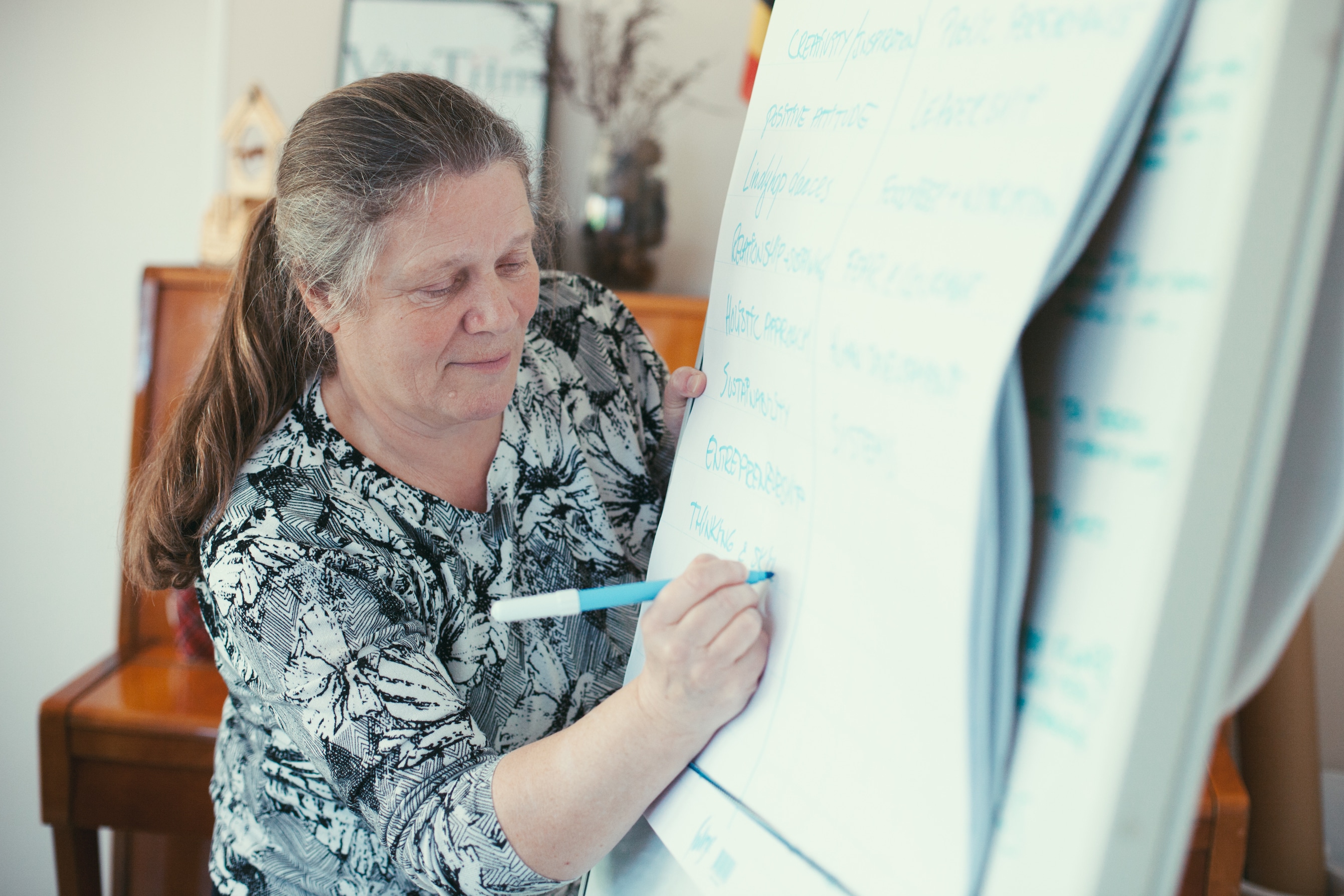
Ingerlil Teute
Head of the program, boarding school host and on-site facilitator
Founder of IAmTrading ApS & MillCamp Academy
Ingerlil Teute is the founder of MillCamp Game Academy and the person behind the idea of the IEE program. She will be on-site facilitator and hosting the boarding school. Ingerlil trained as a coach and seminar leader with Landmark Education and has been a coach and facilitator in many different settings, in personal development seminars as well as business consulting. She has participated as a coach and administrator with more than a dozen startups. She is also a vocal coach and an inspirational speaker.
